
TV cameras are to be allowed into criminal trials for the first time from today but will only be able to film a few minutes of each case.
Coverage will be restricted to the judge handing down a sentence and explaining the reasons for it, with a time delay to avoid broadcasting any violent or abusive reaction.
The first televised sentencing, which will make history, will take place at the Old Bailey on Thursday, featuring the case of 25-year-old Ben Oliver, who admitted manslaughter after stabbing his elderly grandfather to death.

Viewers will get to see inside the courtroom for around 30 minutes, but the cameras will be fixed firmly on the judge with no view of the defendant, victims, jurors, lawyers, or witnesses.
The time delay is to avoid reactions such as gangster Kenny Noye, who was convicted of handling some of the stolen £26m Brinks Mat gold bullion, and told his jury: "I hope you all die of cancer".
Or football hooligan Matthew Simmons, jailed after a pitch-side clash with Manchester United star Eric Cantona, who charged across the court benches and hurled himself on the prosecutor who had demanded a terraces ban on top of his prison sentence.
Only Crown Court proceedings will be televised under the new law change, which was passed in 2020.
Lord Chief Justice Lord Burnett said:
"Open justice is important, and the sentencing of serious criminal cases is something in which there is a legitimate public interest.
"It has always seemed to me that this is a part of the criminal process that can be recorded and broadcast in many cases, but not all, without compromising the administration of justice or the interests of justice."
The Old Bailey in central London, where today's case will be filmed, is the scene of many real dramas.
Serial killer the Yorkshire Ripper, the Kray gangster twins, Ruth Ellis, the last woman in Britain to be hanged, all stood trial - or 'gripped the rail' in criminal parlance - in the dock of the infamous court number one.

Former cabinet minister Jonathan Aitken was jailed there in 1999 for lying during an earlier libel case and after his disgrace became a priest and prison chaplain.
He said:
"I certainly felt very bad indeed when I was being sentenced and I guess I would have felt even worse had I known it was being televised. But on the other hand, why shouldn't it make it feel worse?
"The crime has been done, the guilt has been proved, the sentence is coming, that is justice being done as openly and visibly as possible, which I think is absolutely right."

Photography was banned in all UK criminal courts after the publication of a snatched picture of notorious wife killer Dr Crippen standing in the Old Bailey dock in 1910.
The introduction of cameras follows a long campaign by the major TV news broadcasters, including Sky News.
Courts have always been open to the public, but most have only a few seats available, meaning people largely have to rely on the eye-witness accounts of court reporters.
Cameras were allowed first into the Supreme Court in 2009 and then the Court of Appeal four years later.
Head of Sky News John Ryley said:
"This is a very significant moment for the opening up of our courts. It's a further step towards transparency of a really serious institution, the judicial system."
For years the judiciary opposed court cameras, fearing for the distress of victims and witnesses, the temptation for lawyers to showboat, the danger of confidential documents being revealed and the worry that courts could be turned into theatres of entertainment.
Cameras were allowed into Scottish courts in 1992 and are permitted in courts around the world to varying degrees, notably in Australia, South Africa, the Netherlands and Ukraine.
In the United States some trials are broadcast in full and often in painful detail.
As to whether that could happen here, the Lord Chief Justice said:
"Your question really I think asks me whether I think we will be broadcasting criminal trials in the same way as happens in one or two jurisdictions around the world.
"My own but fairly strong view is what we see happening around the world illustrates why that can be quite damaging."

(c) Sky News 2022: TV cameras to be allowed into criminal trials for first time

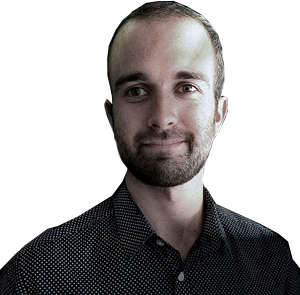
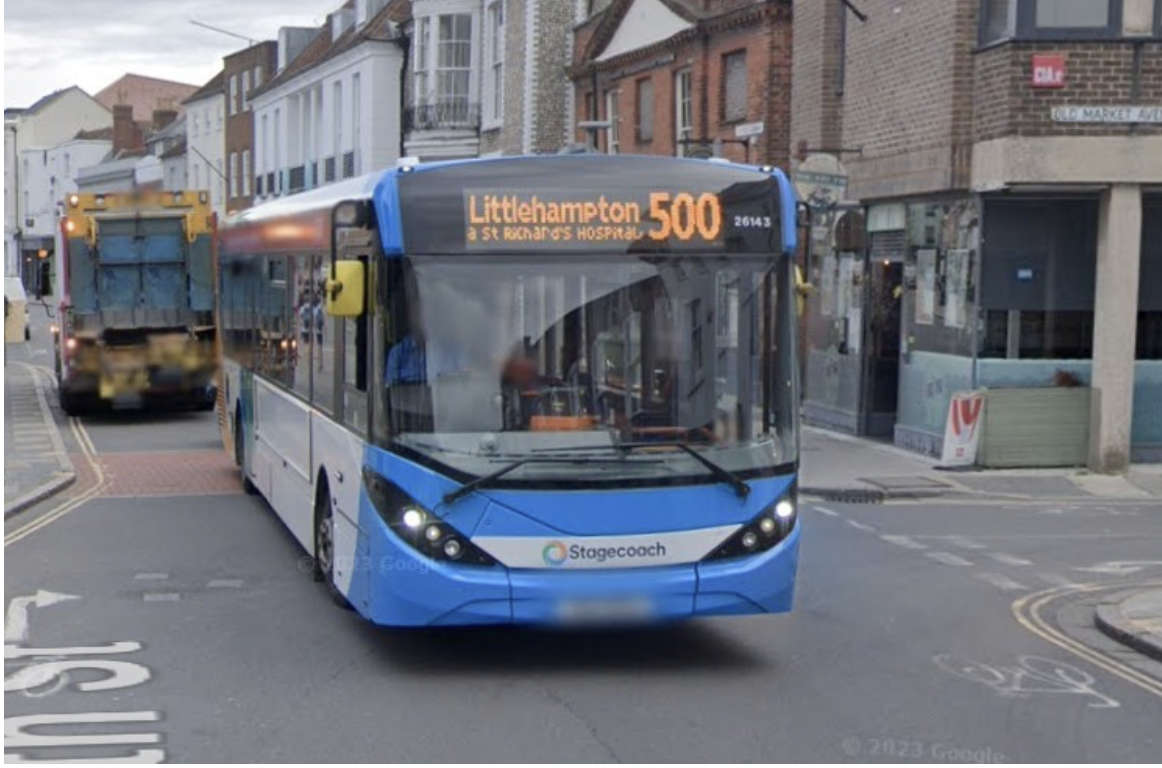 More 'Live' Bus Information Screens To Be Installed In West Sussex
More 'Live' Bus Information Screens To Be Installed In West Sussex
 Rare Bee Found In Lewes
Rare Bee Found In Lewes
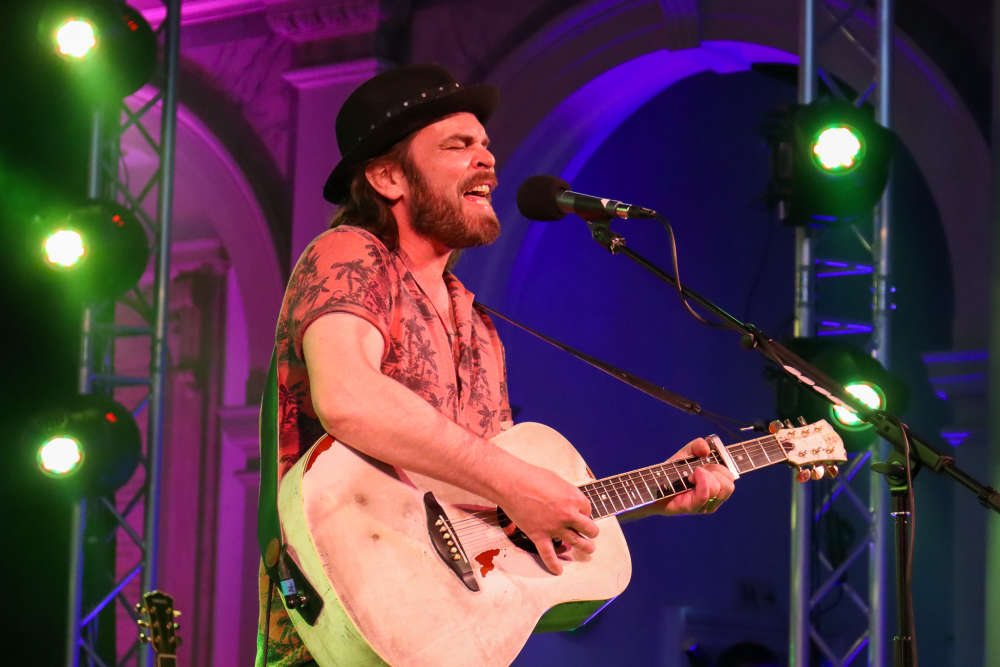 Event Bookings Go Live For Worthing Festival ‘24
Event Bookings Go Live For Worthing Festival ‘24
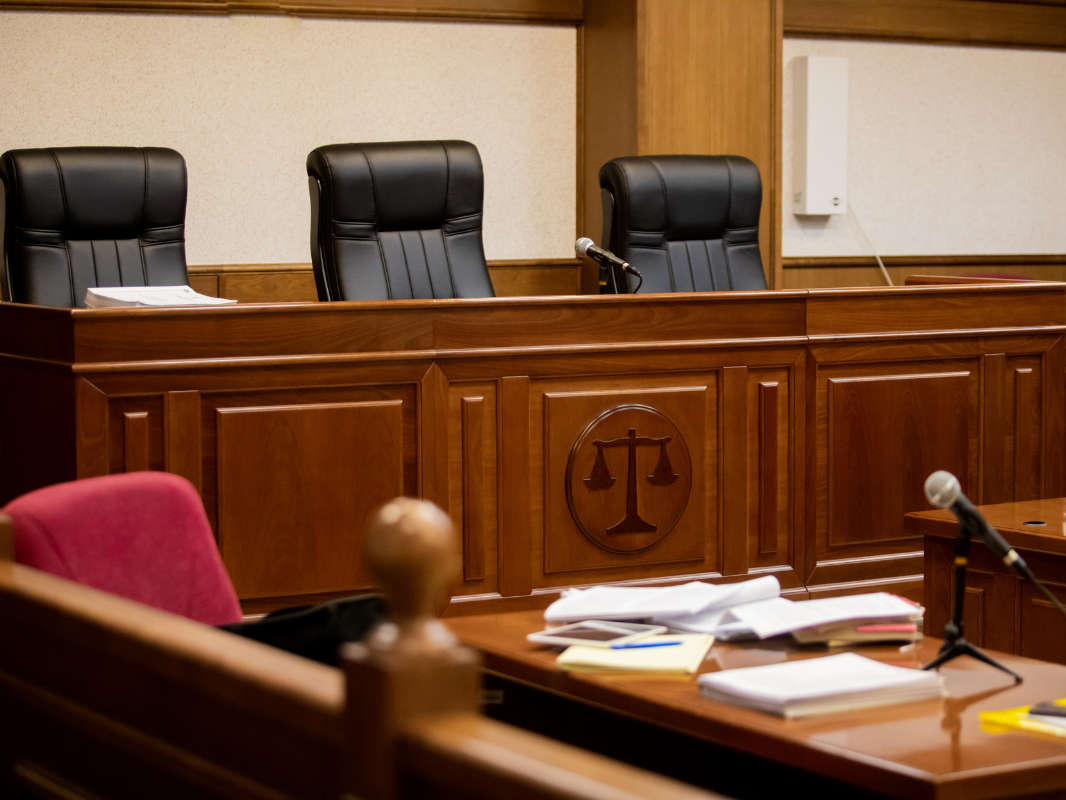 Man Charged After Throwing Brick Through Brighton Restaurant Window
Man Charged After Throwing Brick Through Brighton Restaurant Window
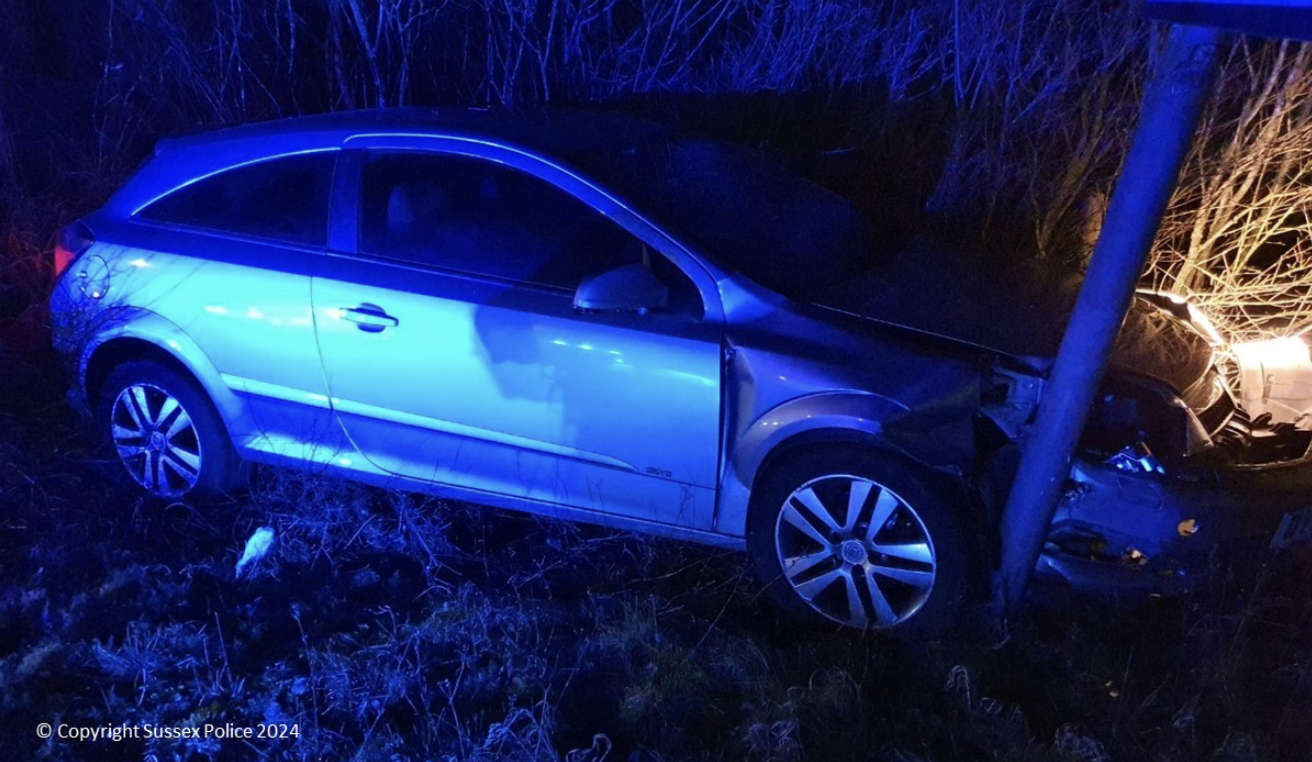 Peacehaven Man Disqualified Over High-Speed A27 Pursuit Near Brighton
Peacehaven Man Disqualified Over High-Speed A27 Pursuit Near Brighton
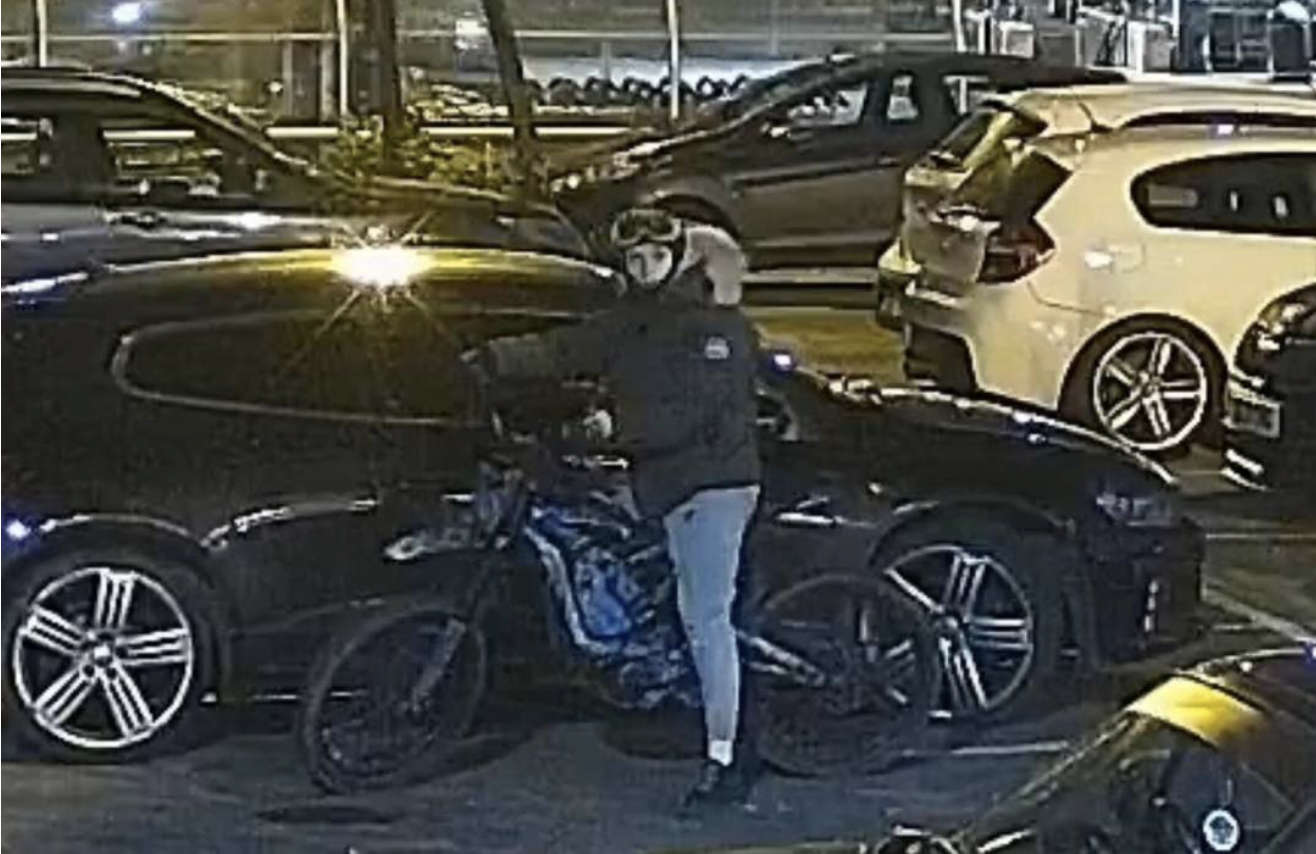 Appeal After PCSO Assaulted In Uckfield
Appeal After PCSO Assaulted In Uckfield
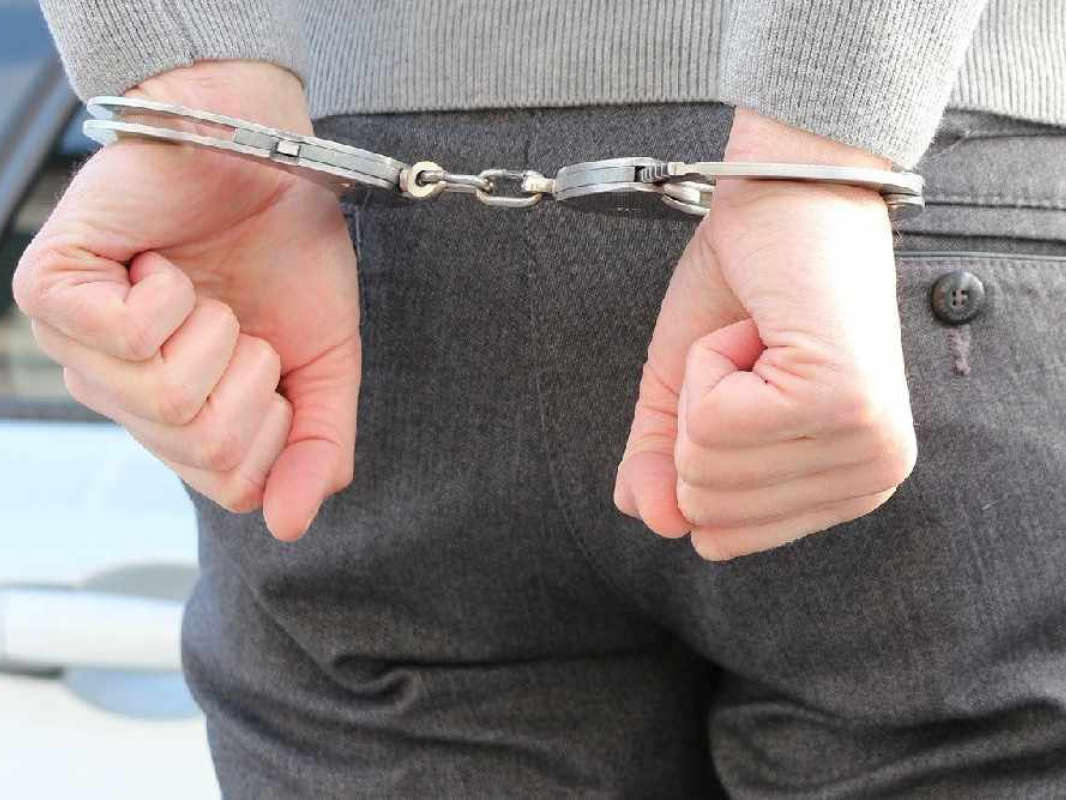 Man Charged With Rape Of Teenage Girl In Newhaven
Man Charged With Rape Of Teenage Girl In Newhaven
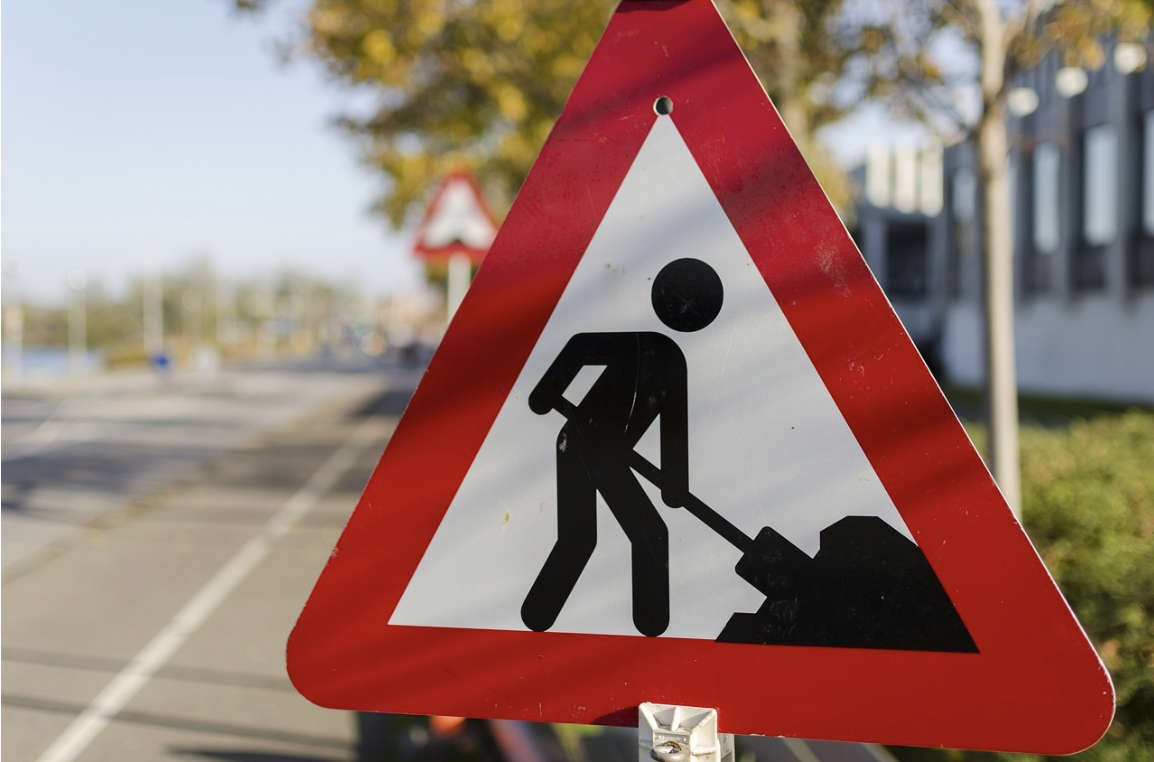 Overnight Closures For A22 Forest Row Road Improvements
Overnight Closures For A22 Forest Row Road Improvements
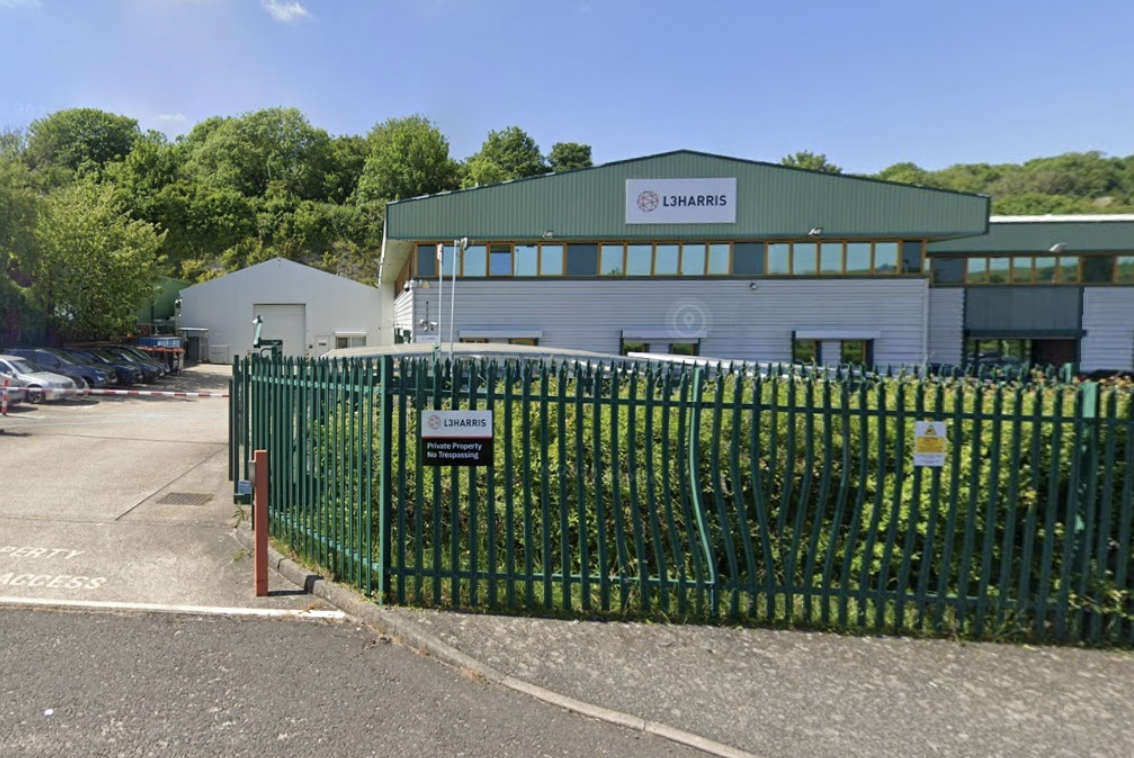 Brighton Defence Manufacturer's Controversial Planning Application Likely To Be Heard
Brighton Defence Manufacturer's Controversial Planning Application Likely To Be Heard
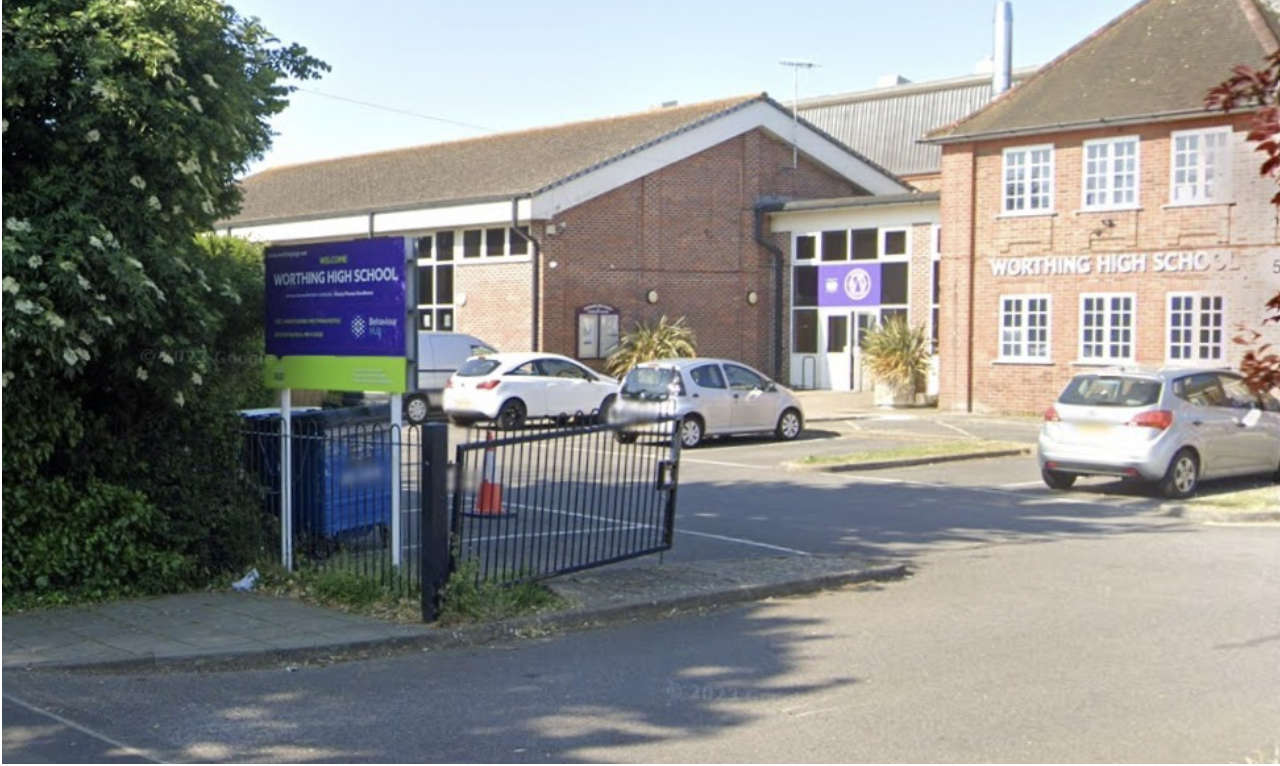 Over £2.4m Approved For Worthing School Support Centre
Over £2.4m Approved For Worthing School Support Centre